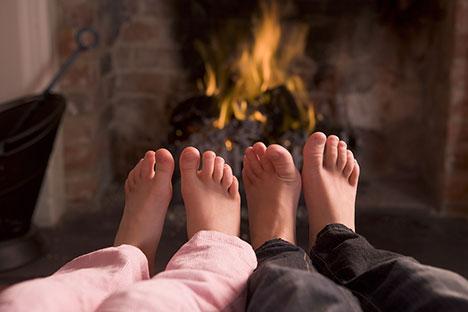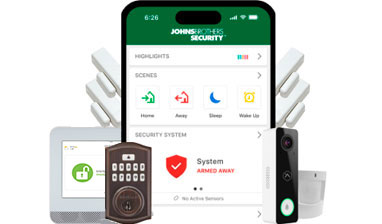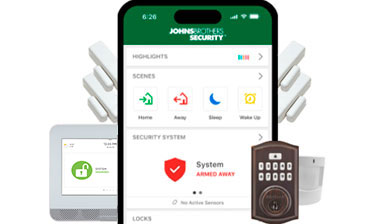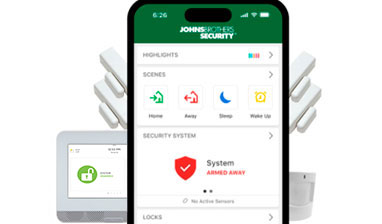January 1, 2017 by cnmAdmin2030Winter Heating Safety Tips

During the winter, many people light woodstoves and fireplaces, turn up the thermostat, or invest in space heaters to keep warm. All if these heat sources come with their own sets of dangers.
To help keep you safe we have provided these heat safety tips to help you safeguard your home.
Woodstoves
Common Danger: Chimney Fires
Chimney fires can be noisy and dramatic with flames or dense smoke shooting from the top of the chimney. You may hear a low rumbling sound or something that reminds you of a train or airplane. Slow-burning chimney fires often go undetected but they can cause a lot of damage to the chimney structure and nearby combustible parts of the house.
Safety Tips:
- Keep your chimney clean of creosote. Creosote is highly combustible and could result in a chimney fire.
- Have a chimney sweep inspect your wood stove and venting system annually, cleaning, and performing repairs as needed.
- Use proper fuel, hardwoods are the best, maple, beech, ash, hickory, or oak.
- Wood should be cut, split, and air dried for at least a year before burning.
- Store wood away from the elements in a shed or under a tarp.
- Use a wire brush to clean your stovepipe and chimney at least once a year.
- Start fires with clean newspaper and dry kindling.
- Regularly remove ashes from the wood stove into a metal container with a cover, and store outdoors.
Fireplace
As you get ready to crank up your fireplace this winter, it’s important to acknowledge the risk of fire and injuries that can be caused by errant embers. Children and pets are particularly at risk when safety precautions are not in place.
Common Danger: Errant Embers
Safety Tips:
- Use a spark guard to prevent errant embers from shooting out of the fireplace with a mesh metal screen or glass fireplace doors. A guard in front of an open flame is especially important when the room is unoccupied.
- Hire a professional chimney sweep to clean the chimney of debris and soot.
- Inspect the chimney structure for cracks, loose bricks, or missing cement. If there are any repairs to be done, wait for these to be completed before lighting up the first fire of the year.
- Install a chimney cap. A chimney cap covers the top of the chimney and keeps rain, birds, squirrels, and debris from entering.
- Replace or repair a cap that’s missing or damaged.
- Only burn dry and seasoned hardwood (see above).
- Only start a fire with a commercial fire starter or matches. Do not light your fire with fuel or alcohol!
Thermostat
Today’s houses are more air-tight with efficient ways to seal windows, doors, and other areas where cold air may sneak in. With less fresh air coming into a home, there are not as many pathways for old, stale or polluted air to leave it. Carbon monoxide is produced when furnaces and boilers are starved of the oxygen they need to burn fuel completely.
Common Danger: Carbon Monoxide Poisoning
Safety Tips:
- Before you turn on your thermostat make sure your chimney is clean and functioning. (see tips above)
- If you have a new furnace that is vented into an older chimney it may not perform correctly. Check that everything is clean and working with the connections.
- Install a carbon monoxide detector in your home.
Space Heaters (Propane/Kerosene)
Propane and kerosene heaters provide portable heat for taking the chill out of a single room. They can be less expensive to operate than electric heaters but you should be aware of certain dangers associated with portable fuel heater use.
Common Danger: Fire, Explosion and Carbon Monoxide Poisoning
Safety Tips:
- Keep space heaters a safe distance (check manufacturer’s instructions) from flammable objects such as curtains or upholstery.
- Using gasoline instead of propane or kerosene in the heater could cause an explosion. Store the kerosene in a container that will not be confused with gasoline.
- Do not smoke while you are handling the fuel or refilling the heater.
- Always allow the heater to cool completely before you refill it to avoid flare-ups and severe burns to those nearby.
- Set up a gate or guard around the heater to protect children and pets.
- Newer heaters should be equipped with an oxygen-depletion sensor so that it automatically shuts off to prevent carbon monoxide poisoning. If your heater does not have this safety feature you should replace it.
- Open a window at least one inch to allow fresh air into the house whenever you use a kerosene or propane heater.Install a carbon monoxide detector in your home.
Considering the risks involved when heating systems are neglected, we recommend that you print out these safety tips, check your fire and carbon monoxide alarms, and have your home checked by a professional. Contact us for more information about our home safety packages to prevent any potential dangers this winter.




